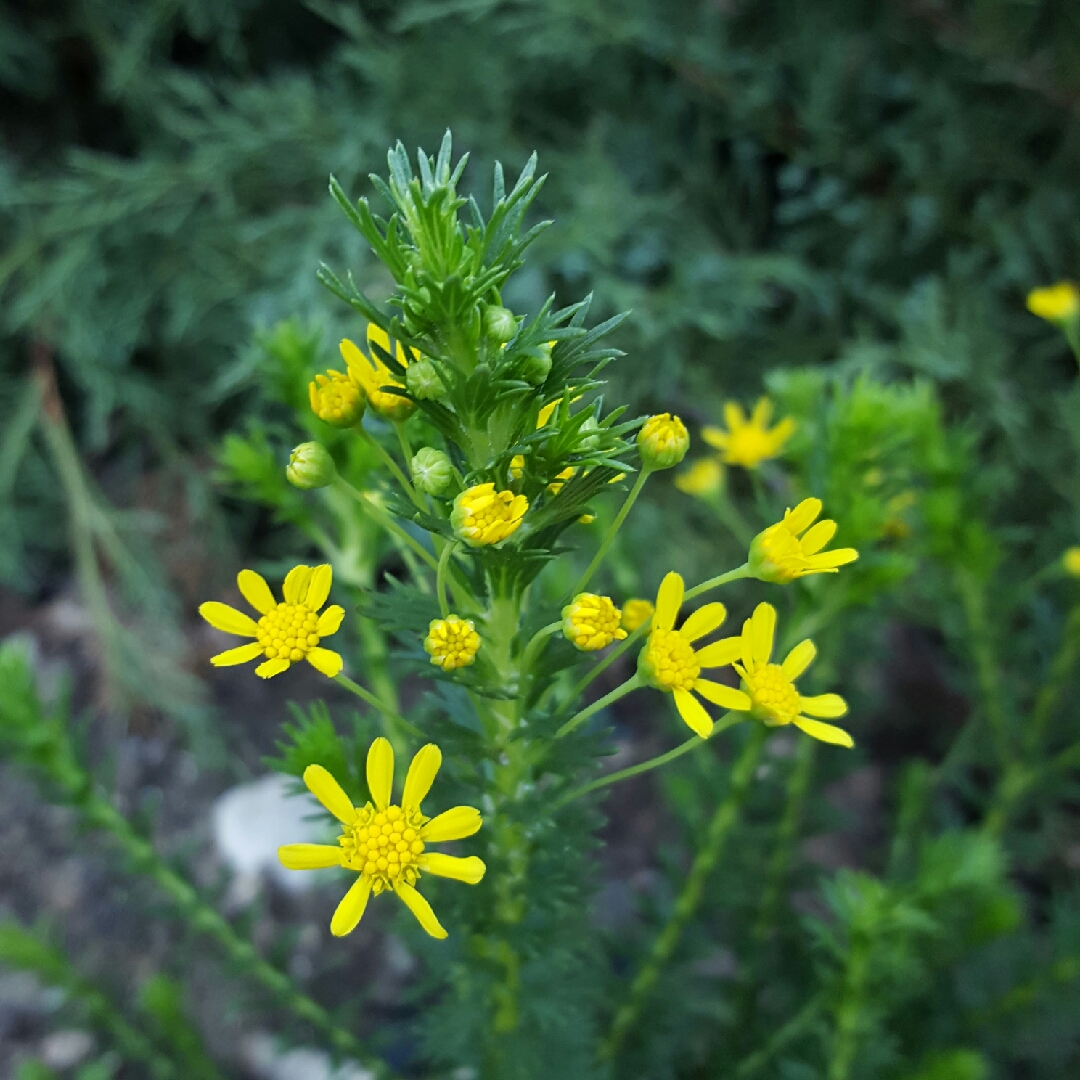
Euryops Virgineus
Euryops
Euryops can be annuals, herbaceous perennials, evergreen, sub-shrubs or shrubs. They have with simple or divided ferny, silvery leaves and daisy-like flowers-heads. Euryops Virgineus can tolerate almost any soil conditions. It is fast-growing, and bears yellow, daisy-like flowers, and is very hardy
Contributed by @tal2lifshitz
-
Full sun
-
Occasional watering
-
Frost Hardy: 23F (-5°C)
-
Free draining
Common name
Euryops
Latin name
Euryops Virgineus
type
Evergreens
family
Asteraceae
ph
5.5 - 8.5 Acid - Neutral
Plant & bloom calendar
-
Best time to plant
-
When the plant will bloom
full grown dimensions
 1.00 M
1.50 M
1.00 M
1.50 M
Euryops Virgineus
Euryops can be annuals, herbaceous perennials, evergreen, sub-shrubs or shrubs. They have with simple or divided ferny, silvery leaves and daisy-like flowers-heads. Euryops Virgineus can tolerate almost any soil conditions. It is fast-growing, and bears yellow, daisy-like flowers, and is very hardy
Flowering
From Early Summer TO Early Winter
Euryops have a long flowering season, from early Summer through to Winter. As a South African native, the plant will need to be brought indoors for overwintering in cooler climes - where it will continue to flower
Propagating by seed
From Early Spring TO Mid Spring
Propagate by seed at a temperature of 10 to 13 °C. Sow seeds in Spring, and plant out seedlings into loam-based compost with some sharp sand added. Water well.
Planting out
From Mid Spring TO Late Spring
Plant out seedlings when big enough to handle, into loam-based compost with some sharp sand added to it, and water well. In frost-free areas plant outdoors into fertile free-draining soil in a sheltered sunny position.
Propagating by cuttings
From Late Spring TO Early Summer
Take softwood cuttings from new growth early in the day in Spring or early Summer. Cut, neatly, a 4" approx. piece of a non-flowering shoot, pinch out the tip, and cut off the bottom leaves. Dip the bottom of the cutting in hormone rooting powder, and carefully place in a pot of cutting compost with the leaves just above the level of the compost. Water, label, cover with a polythene bag, and place in a warm, bright place, out of direct sunlight. Take the polythene bag off periodically for a while for ventilation (at least twice a week)








